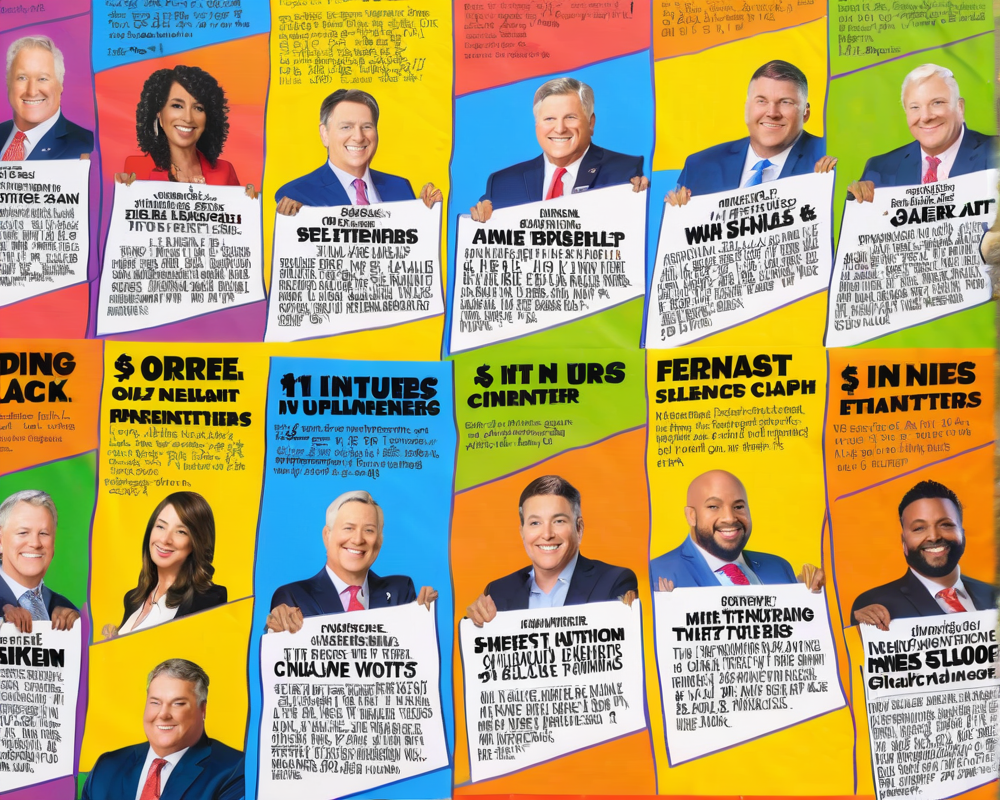The Unjust Seizure: A Cautionary Tale
In an eyebrow-raising saga that played out in the quiet town of Fairmont, North Carolina, a local convenience store owner found himself wrestling a hulk of bureaucratic authority. Lyndon McLellan, who likely just wanted to sell snacks and soft drinks, instead became a target for an IRS operation that snatched away his hard-earned savings without so much as a how-do-you-do.
The ‘Mistaken’ Misconduct
Back in July 2014, McLellan saw his entire savings of $107,000 seized due to something called “structuring.” Now, structuring sounds like a boring engineering term, but in the IRS world, it’s like wearing a target on your back. Here’s the kicker—he hadn’t done anything wrong, except listen to his bank’s not-so-great advice. Sounds like a plot twist worthy of a daytime soap opera, right?
Legal Battles and Happy Endings
After forking over more than $20,000 in legal fees (almost a third of his seized funds), McLellan finally had a reason to breathe a little easier. The government saw the light and decided to stop pursuing their questionable claim of fraudulent activity. According to McLellan’s attorney, Robert Johnson, it was a victory that shouldn’t have had to happen in the first place.
“This case was a mistake and unconstitutional from the start.” – Robert Johnson
The IRS and the Bank Blunder
Why did this happen? For some reason, depositing anything over $10,000 raises a red flag that the IRS just can’t ignore. It’s like a speed trap for your finances! McLellan’s bank advised him to deposit smaller amounts to avoid unnecessary paperwork. Instead, they accidentally handed him a membership card to the IRS’s ‘Unlucky Club’.
Rising Reports: From Yawns to Yikes!
Reports of these suspicious activities spiked alarmingly—going from a cozy 114 in 2005 to a wine-drenched 639 by 2012. You have to admit, that’s quite the jump, and McLellan just happened to be a casualty of this sudden high alert.
A Question of Ethics
As the dust settled, the media attention on McLellan’s case raised eyebrows surrounding the legality of the IRS’s actions. Critics started questioning whether the IRS was more about profiteering than proper law enforcement. It’s like finding out your friendly neighborhood donut shop was also selling donuts made with unregulated ingredients.
Local Law Enforcement’s Dark Side
Local police officers were tasked with sifting through those pesky suspicious activity reports, but Johnson argued that handing such power to local officials—who may not even be trained on federal laws—was a slippery slope. McLellan, bless his heart, never faced charges, but plenty have started to wonder what kind of authority the IRS really wields.
Justice Served, But What About the Costs?
Due to recent changes in the Department of Justice’s policies, McLellan finally received notice that he would be reimbursed. But it won’t completely fix things; legal fees and interest are still hanging in the air like an unwanted cloud. It’s like getting a themed birthday card but missing the cake, right?
Ultimately, while it’s a relief that McLellan is getting his cash back, concerns linger about the bureaucratic machine unchecked. Johnson poignantly remarked, “The government needs to make Lyndon whole.” Here’s hoping justice doesn’t just go half-baked this time around.




